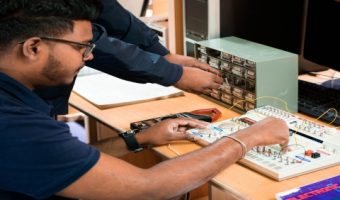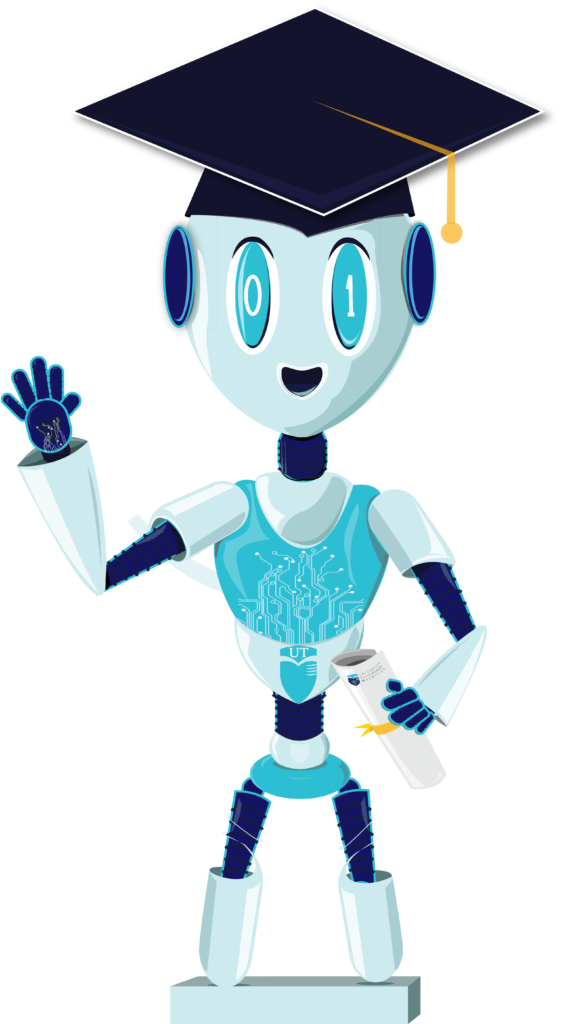BEng (HONS) Telecommunication Engineering
Advanced Communication Engineering with Excellence and Skills!
Career Prospects
- There are many and varied career opportunities for highly qualified engineers in the telecommunications industry. These industries are large and strong in Mauritius and the region. Also, due to the global nature of telecommunications, there are career opportunities in other parts of the World. As well as more general management and applications opportunities, possible employment areas include Telecommunications engineering, Mobile network field staff, Telecommunications network support staff, Technical management, Network planning and implementation, Network management and Research and development.
Objectives
Achieving the knowledge and understanding of mathematical and scientific principles to underpin their education in telecommunication engineering and to apply mathematical methods, tools and notations proficiently in the analysis and solution of engineering problems.
Achieve the understanding of engineering principles and the ability to apply them to analyze key engineering processes.
Develop the ability to identify, classify and describe the performance of systems and components through the use of analytical methods and modeling techniques.
Develop the ability to apply quantitative methods and computer software in order to solve engineering problems.
Students will be able to create and develop economically viable products, processes or systems to meet a defined need.
Knowledge of management techniques which may be used to achieve engineering objectives will be acquired.
Acquire knowledge of relevant legal requirements governing engineering activities, including personnel, health, safety and risk.
Achieve the understanding of the need for a high level of professional and ethical conduct in engineering.
Ability to apply their engineering skills, combining theory and experience, and to use other relevant knowledge and skills which include knowledge of characteristics of particular materials, equipment, processes, or products, workshop and laboratory skills, knowledge of quality issues, knowledge of codes of practice and industry standards, ability to work with technical uncertainty etc.
Requirements
- Pass at Principal Level in Mathematics AND Physics at HSC/GCE A-Level or equivalent, or Baccalaureate Level.
- Note: As per the recommendation of CRPE of Mauritius, the Brevet de Technicien (Scientifique) or any other higher technical qualifications are no longer admissible in lieu of the requirements above.
Curriculum
8 Lessons4 years (FT) / 6 years (PT)







